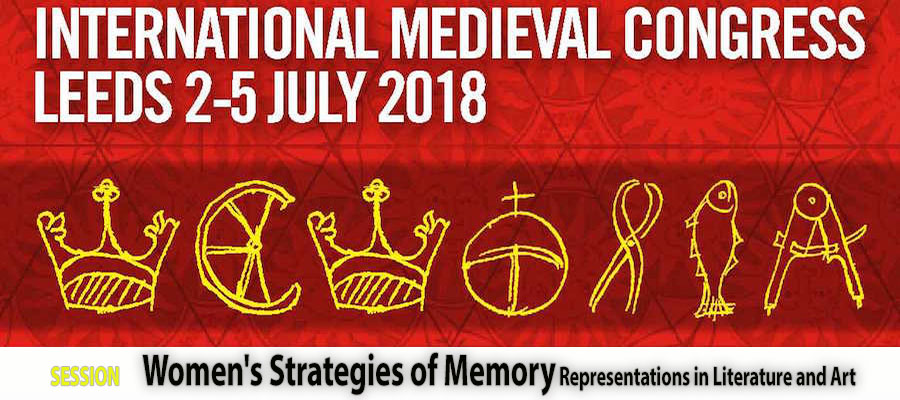Women's Strategies of Memory: Representations in Literature and Art, 25th International Medieval Congress, University of Leeds, July 2–5, 2018
Philomela reflects on her metamorphosis. Eleanor of Castile constructs her future image with her tomb effigy. Chaucer’s Custance pretends to forget her origins. From the Iliad’s Hecuba to the Brut’s Tonwenne, women re-narrate their children’s infancy on the political stage. In wills, letters and literary commissions, women represent themselves in relation to the past. How straightforward are these acts of memory?
Memory, in the Middle Ages as now, was widely accessible to women as means of personal and political influence. Scholarship on medieval memory has principally explored men’s practices. But women, too, used and created strategic representations of the past to serve their own present or future purposes. We invite papers from any discipline, region and medieval period, which consider any aspect of the representation of women’s memory, including but not limited to the topics above.
Proposals might consider:
- women who perform remembering, forgetting, or recounting past events as a means of achieving power
- women who (re)construct histories and identities
- women who present denials or disruptions of known narratives
- women who manipulate the memories of other characters.
- women who use memory and forgetting to compartmentalise traumatic emotions
- women who are accused of errors of memory, such as omissions, ignorance or misrepresentation of the record.
Organizers
Dr Lucy Allen
Dr Emma Bérat
